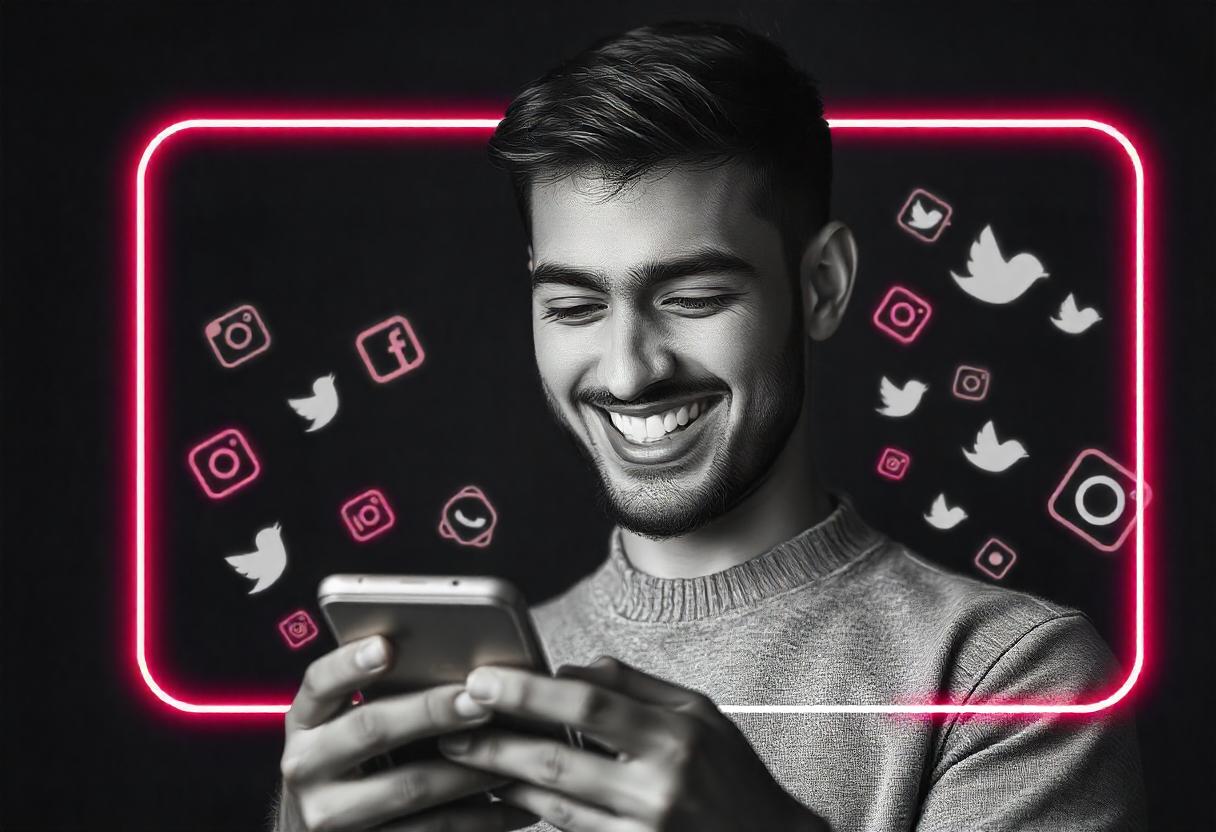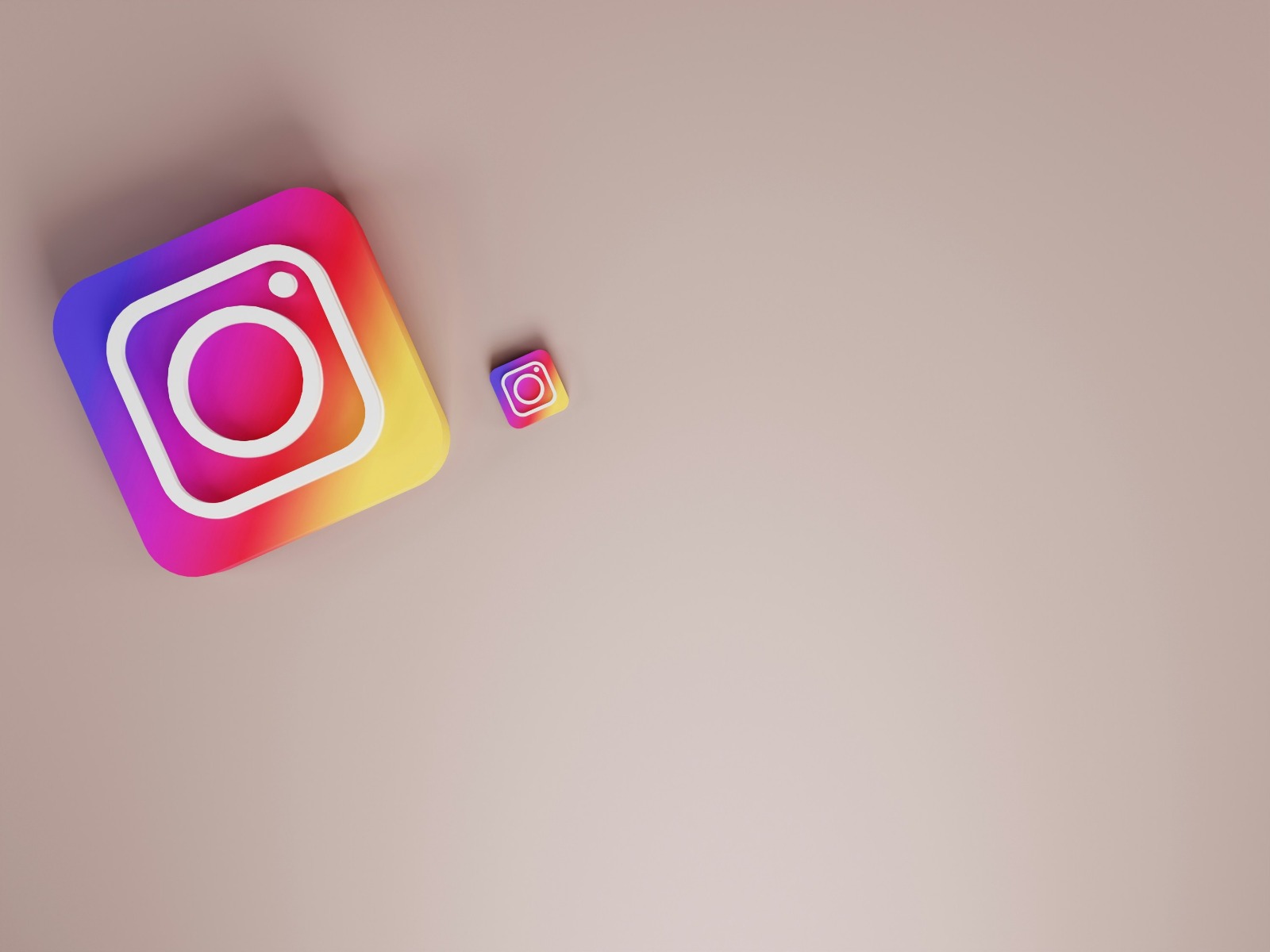.jpg)
In today’s world, technology has reshaped how we connect, communicate, and live our daily lives. While these advancements have brought many benefits, they also bring challenges, particularly for those struggling with social anxiety. Social Anxiety Disorder (SAD) is the fear of being judged or embarrassed in social situations, and in this digital era, technology—especially social media—can often make this worse.
The Role of Social Media in Social Anxiety
Social media apps like Instagram, Facebook, and TikTok have become central to our lives, but they also contribute to heightened anxiety. One of the key reasons social media can exacerbate anxiety is the comparison trap. In the age of social media, we constantly compare ourselves to others. Users post curated, idealized versions of their lives—highlighting the happiest moments and achievements. Seeing these posts can lead us to feel like we’re missing out, or that our lives aren’t as exciting or fulfilling. This feeling of inadequacy can trigger anxiety, especially for those already dealing with social anxiety.
Have you ever heard of Fear of Missing Out (FOMO)? FOMO occurs when we see others having fun or experiencing exciting things, and we feel left out or inferior. This sense of exclusion can deepen anxiety and sadness, even when we might be in a perfectly good mood. FOMO feeds into our insecurities and makes us feel disconnected from the experiences of others.
The Impact of Cyberbullying
Another alarming consequence of technology is cyberbullying, which can significantly affect individuals with social anxiety. Online bullying, such as sending hurtful messages or negative comments, can cause immense distress. For someone already struggling with social anxiety, the impact of cyberbullying is even more profound, as it amplifies the fear of judgment and rejection.
Technology and Face-to-Face Communication
While technology has made communication more accessible, it's also reduced the value of real-time, face-to-face interactions. Texting and online messaging are convenient, but they don’t provide the same emotional connection or non-verbal cues as in-person conversations. People with social anxiety often feel more comfortable communicating via text, but this can lead to anxiety when it’s time to interact with someone face-to-face. The discomfort and nervousness can make social situations more challenging, as it feels harder to engage authentically without the buffer of a screen.
The Pressure to Be Perfect
Social media platforms often pressure users to appear perfect. We spend hours editing photos, choosing the best captions, and obsessing over likes and comments. This constant need for approval can lead to stress and anxiety. We may feel inadequate when our posts don’t get the attention we expect, or when we see others posting flawless content. The pressure to maintain a certain online image takes a toll on our mental health and self-esteem.
Exposure and Vulnerability in the Digital Age
Technology also makes individuals more exposed and vulnerable. A single photo or video can go viral in an instant, spreading far beyond what we might have intended. Even sharing something within a small group can lead to unwanted attention, and the fear of being judged by strangers online is real. This exposure often leads to fear of judgment, where people hesitate to post or share anything online. The loss of control over personal content is a serious concern for many, and it can worsen social anxiety.
Additionally, tech companies often collect data without our consent, which can further erode trust and contribute to the anxiety surrounding online presence. Some people opt to delete their social media accounts entirely to regain control and protect their mental health.
Managing Social Anxiety in the Digital World
Despite the challenges technology poses, there are several ways to manage social anxiety and reclaim mental peace:
-
Limit Social Media Use: Set boundaries for how much time you spend on social media. Today, many apps offer screen-time trackers that can help you stay mindful of your usage. Reducing time spent online can alleviate some of the pressure and anxiety caused by constant comparison and external validation.
-
Take Breaks from Social Media: Taking a step back from digital spaces can significantly reduce stress and help improve mental health. Use this time to engage in activities that promote relaxation, such as reading, going for a walk, or spending quality time with loved ones.
-
Practice Mindfulness: Apps like Headspace and Calm offer mindfulness exercises that can reduce anxiety and help you stay present in the moment. Mindfulness encourages you to focus on what’s happening right now, rather than worrying about past or future events.
-
Celebrate Small Wins: Recognize your achievements, no matter how small they may seem. Celebrating progress can help you feel more confident and reduce the negative impact of social comparison.
-
Set Boundaries: Establishing boundaries in online and offline interactions is crucial for maintaining mental health. Limit interactions that trigger anxiety or stress, and prioritize healthy relationships.
-
Engage in Offline Activities: Replacing some online activities with offline pursuits, such as volunteering or joining a hobby group, can bring a sense of joy and fulfillment. Connecting with others in real life can help combat feelings of isolation and improve social confidence.
-
Seek Professional Help: In times of need, seeking professional help can be one of the best steps toward overcoming anxiety. Psychologists can offer valuable strategies for managing anxiety in social situations, while psychiatrists may prescribe medications to help ease symptoms. Remember, it’s okay to ask for help, and you’re not alone in this journey.
Final Thoughts
While technology can undoubtedly contribute to social anxiety, it also offers ways to manage and alleviate the effects. By being mindful of how we engage with social media and technology, setting healthy boundaries, and seeking support when needed, we can navigate the digital world in a way that protects our mental well-being. Embrace self-compassion, take small steps to manage your anxiety, and remember that your mental health matters above all.
Asif Bc
Aspiring blogger in Kerala sharing insights on technology and mental health to inspire mindful living.



.jpg)
1 Comments
Binshad
30 January, 2025Your blog gives a clear view of how technology impacts social anxiety and ways to manage it. Making the sentences smoother will enhance readability and engagement.